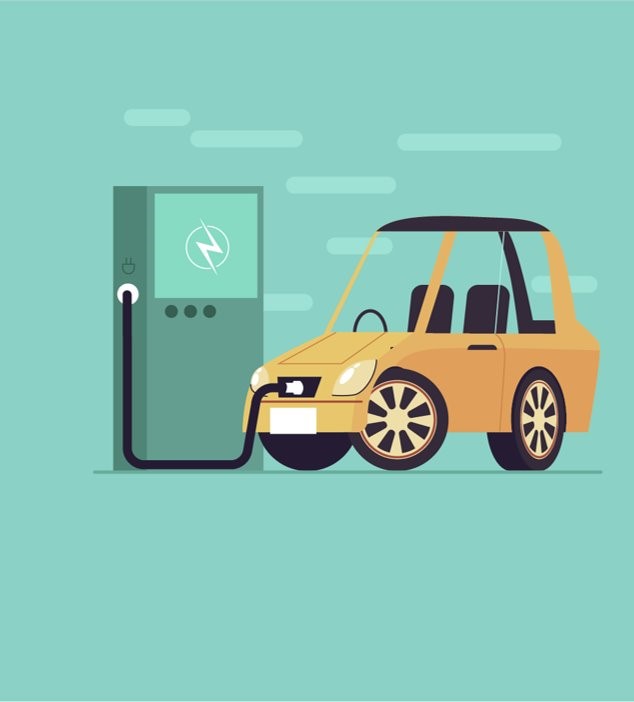
Grades 9-12

Don't have an account yet? Sign up for free
Don't have an account yet? Sign up for free
Students will be able to:

In this lesson from the Eco-Economics: Energy and the Environment curriculum, students will analyze the effects of a single energy policy – a ban on the sale of gas-powered vehicles – to learn how costs and benefits affect different groups of people.
Students will use a jigsaw approach to examine a 2022 policy from California that bans gas-powered vehicles by 2035. Students will first group together by role to brainstorm and begin weighing the costs and benefits of the policy specific to their role. Then students will disperse into new groups with a representative from each role. Students will hear how this policy can affect different groups of people and examine potential opportunity costs. Ultimately groups will vote for or against this policy and provide suggestions as to how the policy could be improved. Assessment for this lesson includes expanding the discussion on the California policy with more complex groups and a template for teachers to create an assessment for their own local energy policy.
Economics is the study of choices which includes policy decisions. Policymakers must weigh the costs and benefits of decisions but also take into account that the costs and benefits are different for different groups that are affected by the policy. Policies never affect people equally and have unseen consequences for groups of people, therefore, it is important for policy-makers to be willing to adjust policies. This could make more people/groups of people better off or lessen some of the costs that groups of people might experience from the policy. While there are always winners and losers with policies, it is important for decision-makers to examine policies from as many perspectives as possible taking into consideration the costs of a policy including opportunity costs as well as benefits. Policy makers should attempt to implement policies that have the greatest benefits for most people relative to the costs.

Grades 9-12

Grades K-2, 3-5

Grades 9-12

Grades 9-12
